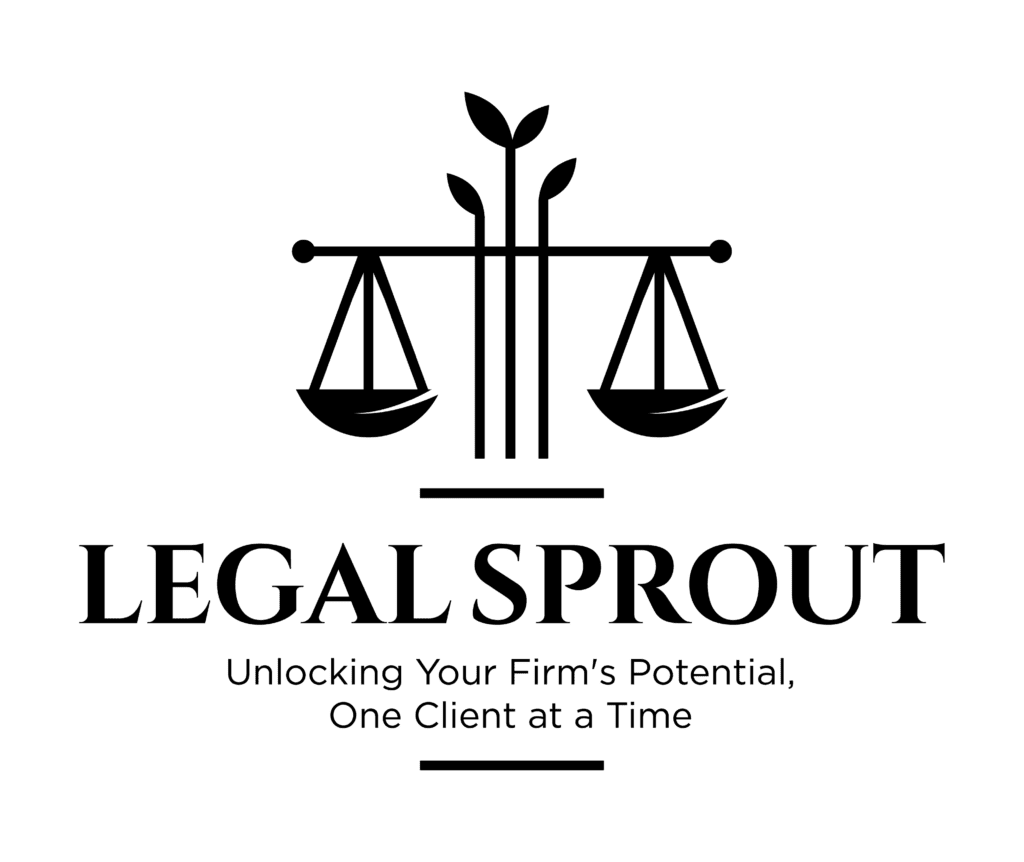The Rise of Bankruptcy Filings
Bankruptcy filings are on the rise, impacting individuals and businesses across the country. If you’re a resident of North Carolina, it’s crucial to understand the current trends and how they might affect you.
Why Bankruptcy Filings are Increasing
Recent data shows a significant increase in bankruptcy filings:
- Commercial Chapter 11 filings jumped 40% in July 2024 to 510 from 364 in July 2023.
- Overall commercial filings increased 17% to 2,335 from 2,004.
- Total U.S. bankruptcy filings rose 24% in July 2024 from the previous year.
- Individual bankruptcy filings surged by 25%, with Chapter 7 filings up 32% and Chapter 13 filings up 15%.
Factors Contributing to the Increase
Several factors are driving the rise in bankruptcy filings:
- Economic Challenges: Ongoing financial pressures, including inflation and rising living costs, are significant contributors.
- Medical Expenses: Unexpected medical bills continue to be a leading cause of bankruptcy.
- Impact of COVID-19: The pandemic has left many businesses and individuals in financial distress.
- Legislative Changes: The reversion of the enhanced subchapter V debt limit has made it harder for small businesses to access a streamlined bankruptcy process.
These trends reflect ongoing financial pressures, such as economic challenges, medical expenses, the lingering impact of COVID-19, and legislative changes affecting small businesses.
The Impact on North Carolina Residents
The rise in bankruptcy filings is particularly relevant for military personnel, retirees, and the growing population in New Bern. Financial difficulties can strike anyone, and it’s important to be prepared.
- Military Personnel: Often face unique financial challenges, including frequent relocations and deployments.
- Retirees: May struggle with fixed incomes and rising medical costs.
- NC Residents: As the population grows, so does the potential for financial instability.
Understanding Bankruptcy in North Carolina
Types of Bankruptcy
Bankruptcy isn’t a one-size-fits-all solution. Here’s a brief overview of the different types:
- Chapter 7: Liquidates non-exempt assets to pay off creditors. Suitable for individuals with limited income.
- Chapter 13: Involves a repayment plan over three to five years. Ideal for those with regular income who want to keep their assets.
- Chapter 11: Primarily for businesses to restructure their debts while continuing operations.
- Subchapter V: A subset of Chapter 11, tailored for small businesses to reorganize more efficiently.Specific Laws and Regulations in North Carolina
Common Misconceptions About Bankruptcy
Myths vs. Reality
There are many myths about bankruptcy, such as:
- Myth: Bankruptcy ruins your financial future.
- Reality: Bankruptcy can offer a fresh start and help you rebuild your credit.
- Myth: You’ll lose everything you own.
- Reality: Many assets are protected under state and federal exemptions.
Frequently Asked Questions (FAQs)
Common Queries Answered
- What happens to my assets during bankruptcy?
- Depending on the type of bankruptcy, you may keep most or all of your assets through exemptions.
- How long does the bankruptcy process take?
- Chapter 7 typically takes a few months, while Chapter 13 can last three to five years.
Benefits of Legal Action
Advantages of Consulting a Bankruptcy Lawyer
Filing for bankruptcy without professional help can be risky. Here’s how a lawyer can assist:
- Strategic Advice: Determine the most beneficial type of bankruptcy for your circumstances.
- Protection from Creditors: Legal actions can halt harassment from creditors and debt collectors.
- Smooth Process: Avoid pitfalls and ensure all paperwork is filed correctly and on time.
Consult with an Attorney for Free
If you’re considering bankruptcy, we strongly recommend seeking professional legal advice. Contact us for a free personalized consultation. Our over 50 years of experience in local laws, personalized advice, and proven track record can help you navigate this challenging time.
Informational Purpose Disclaimer
This content is for informational purposes only and does not constitute legal advice. Every case is unique, and you should consult a lawyer for advice regarding your specific situation.
Reading this blog does not form an attorney-client relationship. Outcomes of legal matters can vary, and no guarantees are made.





